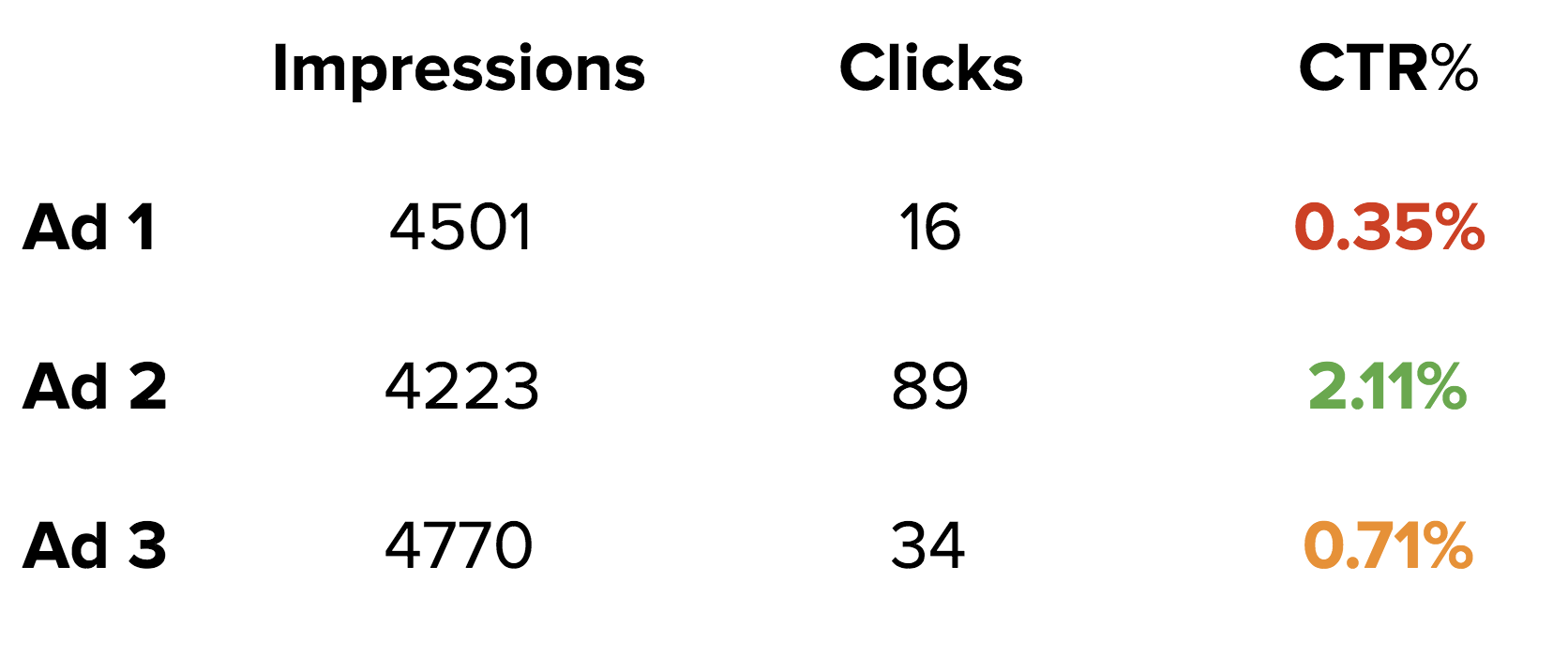We also all have confirmation bias, and humans are too complicated to fit into one theory, so we’re all wrong. But it’s OK.
In online marketing, a blank slate can be a beautiful thing.
Predictions made by even the most logical, most fitting theories of human behavior mean nothing next to actual data. If you ignore real world data, you’ll soon be suffering from a bad case of reality.
Style over substance
When I first started an e-commerce business, I had beautiful theories on human behavior. Tremendous theories. The best. I wrote many ads, many product descriptions. And I was almost always wrong. Stuff I thought was convincing, that convinced me, would not get any clicks or sales. Stuff that I wrote as an afterthought at 3 am in the morning would be performing crazily.
Example. Years ago, I was new to internet marketing and was selling ebooks as an affiliate. (Affiliate marketing is the ultimate online marketing gateway drug.) One of the ebooks I was selling for $59 apiece was a weight loss program. (Don’t laugh.) I had an awful looking website and was advertising on Google Adwords.
I wrote a couple of ads. Let’s see if you can tell which one performed better.
Ad 1

Ad 2

Ad 3

(Looking back, these are all pretty bad ads. I really had no idea what I was doing. It was also 2007.)
Which one did you pick? Moreover, did you think that any one of those three ads would be actually, significantly better than the others?
The answer is yes – one of those ads performed at least 6x better than the other two.

Who would have guessed Ad 2 was the best one? It’s (almost certainly) the dullest one, and definitely the shortest one, with the least amount of information.
I remember being absolutely flummoxed by this. (The second ad didn’t even qualify as an afterthought. And yet, it was apparently the biggest marketing genius ever.) But I did not cling to my ideas or predictions. I culled the other two from rotation just like that, and wrote more ads that looked like the second one for this particular campaign. And it ended up being very profitable.
“Kiss the wrist you can’t bend.” — a Turkish saying
At the time, I wasn’t smart enough to guess what was going to work. But I was smart enough to test what did or didn’t and had no qualms about admitting the superiority of facts over my own theories.
Even today, after having spent millions of dollars on websites and ad campaigns, I am frequently wrong in predicting what’s going to happen with a particular one. I expect a lot of things to not succeed right off the bat. And I expect to instantly correct them and test them again.
Do not fight the data. It is right, and you’re wrong. Data always wins.

